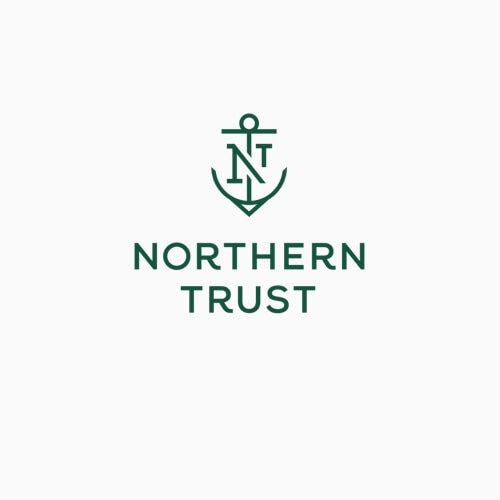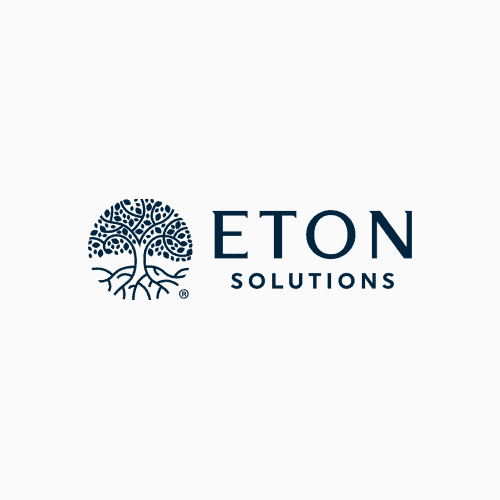According to Private Banker International, family offices are experiencing a significant surge worldwide, growing by 38% over the past six years, with global wealth under management estimated at $5.9 trillion. In the Middle East, the number of ultra-high-net-worth individuals is estimated at north of 6,000, representing an increase of 25% in 2025 with a combined net worth nearing $1 trillion.
This figure is expected to rise, with Saudi Arabia projected to host 72 billionaires and the United Arab Emirates 42 by the year 2029, according to a recent survey by Knight Frank. In addition, Qatar has the world’s highest number of millionaires per capita, and Saudi Arabia alone is home to over 220,000 millionaires.
Growing economy
With family businesses as the economic backbone of the Middle East, family offices that manage this wealth will play a significant role in the region’s future economic growth. As these family businesses have emerged and become prominent, the focus has shifted to wealth transition, with increased allocation into long-term investments. Before then, real estate had been a popular choice, and the region greatly benefited from this trend, as anyone following news on the market in Dubai can attest.
In the past decade, a growing capability of family offices has led to the shift from real estate to a broader range of investments. This change is driven by families seeking to separate ownership of their assets and the rise of agency problems. In Saudi Arabia, in particular, the trend has been set by four major Saudi families that opened family offices and started a domino effect in the region.
We rounded up a few companies that you might find interesting.
Investment opportunities
The presence of these prominent family offices and their interest in a wider range of investment categories comes at an opportune time. With interest rates on the rise, fundraising for professional investors and companies in Europe has become challenging. Liquidity constraints on family offices in Europe and the US make it more feasible for large pension funds to invest in high-yield bonds than in venture capital or private equity, aside from the largest institutions that are still seeing capital flow their way. This situation has led Europe to turn its focus towards the Middle East to raise capital.
Middle Eastern family offices, flush with capital on hand, now have a flurry of activity as investors reach out, giving them unprecedented access to new investment opportunities, but with this comes its own set of challenges. Building trustworthy networks, maintaining efficiencies and developing solid governance strategies are among these, as is the challenge of hiring the right team.
Talent demand
For these family offices, it’s more crucial than ever to hire the right talent so they can establish benchmark-level operations, put generational structures in place and, from an investment perspective, make the best investment decisions.
The enviable situation many Middle Eastern family offices find themselves in right now is not permanent. When Europe’s economy stabilises and the ongoing geopolitical situations diffuse, attention towards the Middle East will likely subside. Now is the time for Middle Eastern family offices to take advantage and set themselves up for generations to come.
In conclusion
It will escape no one’s attention that the Middle East remains front and centre of geopolitical focus. That will likely remain the case. Therefore, the fascinating question is the extent to which the investment opportunities in the region will supersede the uncertainty that otherwise accompanies the challenges that the region faces.
The wealth and ability to deploy that wealth across the region by family offices will surely prevail as a self-endorsing dynamic for the aforementioned countries, and others. That is to say, while outsiders might fear that uncertainty means instability, and that this might diminish investors’ appetites in the region, those who look to refocus their efforts in the region will be in good company. For this reason, we anticipate continuing growth in the region.











